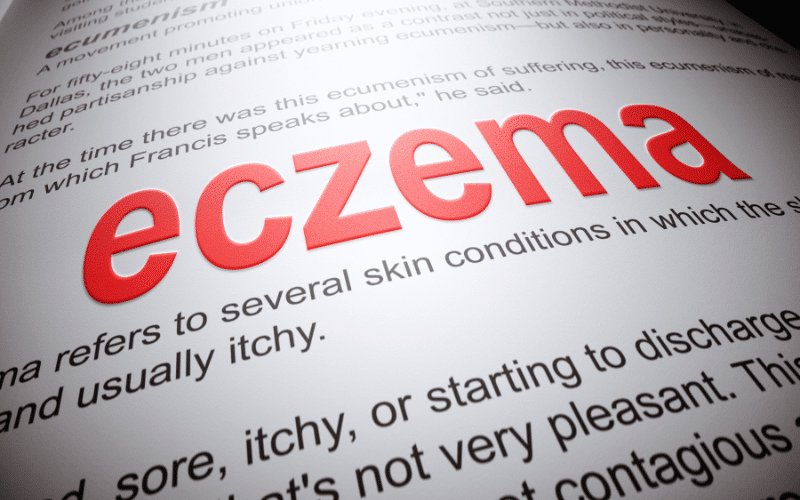Frequently Asked Questions about Dyshidrotic Eczema

1. What causes dyshidrotic eczema?
The exact cause of dyshidrotic eczema is not well-understood, but it is believed to be related to a combination of genetic, environmental, and immune system factors. Common triggers include stress, exposure to allergens or irritants, and changes in temperature or humidity. Additionally, individuals with a history of atopic dermatitis or other forms of eczema may be more prone to developing dyshidrotic eczema.
2. How is dyshidrotic eczema diagnosed?
Dyshidrotic eczema is typically diagnosed by a healthcare professional based on a physical examination of the affected skin and a thorough review of the patient’s medical history. In some cases, additional tests, such as skin biopsies or patch testing, may be performed to rule out other conditions or identify potential triggers.
3. Can dyshidrotic eczema be cured?
There is currently no cure for dyshidrotic eczema, but the condition can often be managed effectively with proper treatment and lifestyle modifications. The goal of treatment is to reduce inflammation, alleviate symptoms, and prevent flare-ups.
4. What are some common treatments for dyshidrotic eczema?
Common treatments for dyshidrotic eczema include topical corticosteroids, calcineurin inhibitors, and emollients or moisturizers. In more severe cases, healthcare professionals may recommend additional treatments, such as phototherapy or systemic medications like immunosuppressants.
5. How can I prevent dyshidrotic eczema flare-ups?
Preventing dyshidrotic eczema flare-ups involves identifying and avoiding potential triggers, maintaining proper skin care practices, and adhering to the recommended treatment plan. This may include using gentle cleansers and moisturizers, avoiding harsh soaps and detergents, limiting exposure to known allergens and irritants, and managing stress levels.
6. Can diet impact dyshidrotic eczema symptoms?
While there is no specific diet proven to prevent or treat dyshidrotic eczema, some individuals may find that certain foods can exacerbate their symptoms. In such cases, identifying and eliminating these foods from the diet may help to improve symptoms. Additionally, maintaining a balanced and nutritious diet can promote overall skin health and may help to reduce inflammation.
Conclusion: Navigating the Complex World of Dyshidrotic Eczema Symptoms
Dyshidrotic eczema is a complex skin condition characterized by a wide range of symptoms, including itching, redness, inflammation, skin cracking, pain, peeling, thickened skin, increased sensitivity, infection, and emotional distress. Effectively managing these symptoms involves a combination of strategies aimed at addressing the underlying causes of the condition, providing symptomatic relief, and promoting overall skin health.
By understanding the various factors that contribute to the development and progression of dyshidrotic eczema, individuals affected by this condition can take a proactive approach to managing their symptoms and improving their overall quality of life. With the appropriate support, treatment, and lifestyle modifications, it is possible to minimize the impact of dyshidrotic eczema and enjoy a more comfortable and fulfilling life.
Remember that each person’s experience with dyshidrotic eczema is unique, and what works for one individual may not be as effective for another. It’s essential to work closely with a healthcare professional to develop a personalized treatment plan tailored to your specific needs and circumstances.
By being proactive in your approach to managing dyshidrotic eczema, you can take control of your symptoms and significantly improve your quality of life. Stay informed, seek support, and be patient with the process, as finding the right combination of treatments and strategies may take time and require some trial and error. With persistence and dedication, you can successfully navigate the complex world of dyshidrotic eczema symptoms and enjoy a healthier, happier life.